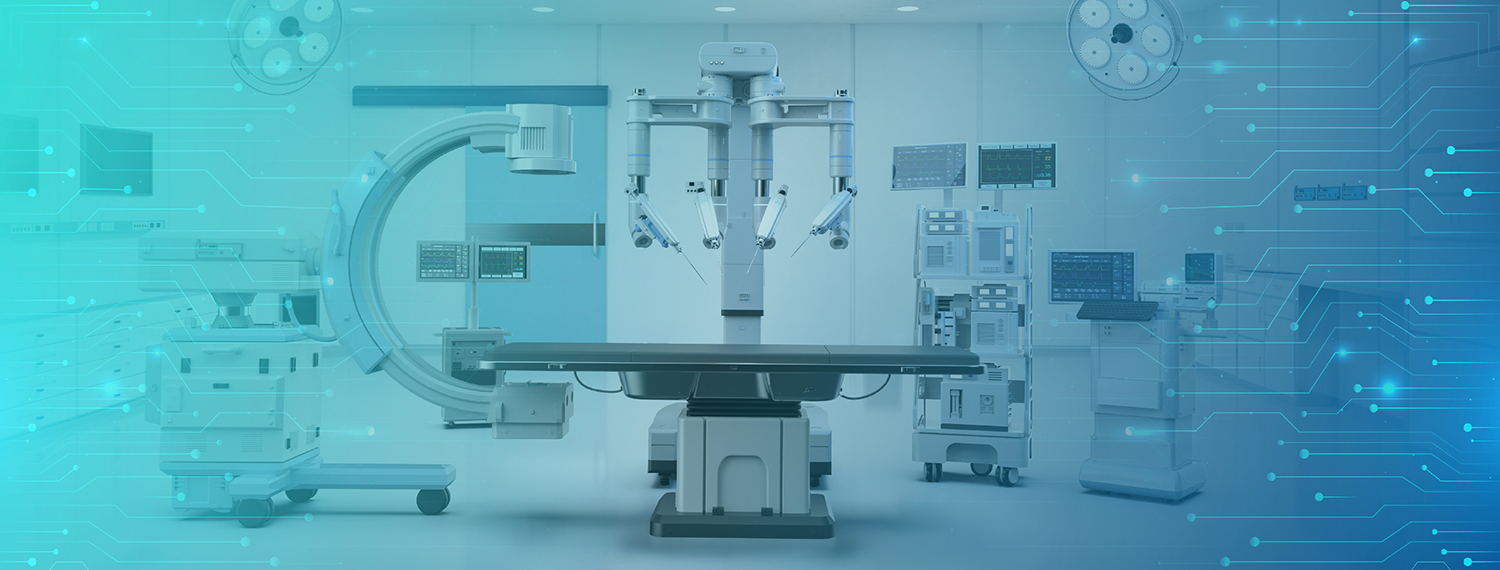Integrating advanced analytics, machine learning, and algorithmic language in various medical devices enhances diagnosis, treatment, and overall patient outcomes with the evolving healthcare landscape and medical device technology. This approach, known as precision medicine, allows healthcare providers to deliver pinpointed treatments, resulting in better efficiency and fewer adverse reactions.
This blog delves deep into our understanding of how clinical trial technology is essential in medical devices before they enter the market.
What are medical devices?
Medical devices are chosen as any healthcare product by conducting specific clinical trials that meet the intended purposes by chemical action or being metabolized. Medical devices include surgical lasers, sutures, pacemakers, intraocular lenses, and orthopedic pins. They also include diagnostic aids such as reagents and test kits for in vitro diagnostics of diseases and other medical conditions. These could be hardware or appliances ranging from sticking plasters to defibrillators.
Medical devices include anything used for:
- Diagnosis, treatment, prevention, and monitoring or alleviation of or compensation for an injury or disability.
- Medical devices include routine parts of general practice, such as blood pressure machines and glucose monitors, and implantable devices, such as coils, implants, and catheters.
- Medical devices are also taking on new forms, such as apps to manage medical conditions, telehealth, self-brought devices, and new connected medical equipment, such as ECG and blood pressure machines.
Classification of medical devices
A product is classified based on risk when defined as a medical device. The risk depends on factors like purpose, duration of use, and whether it is implantable, invasive, or contains a medicinal substance.
The categories are:
- Class 1—regarded as low-risk
- Class 2—regarded as medium-risk
- Class 2b—considered as medium risk
- Class 3—regarded as high-risk
Likewise, all implantable medical devices and their accessories fall under the highest risk category (Class 3).
In vitro diagnostic medical devices include self-test devices, lab tests, care tests, etc.
How are medical device clinical trials classified?
Clinical trials of medical devices confirm that the products are designed and manufactured to meet adequate legal requirements. Ensuring compliance with safety and performance requirements, the classification and requirements for clinical trials may vary depending on the regulatory agencies( e.g., FDA in the United States, EMA in Europe).l
Medical device clinical trials (MDCTs) are investigations undertaken to determine a medical device’s safety and performance in terms of its usage, treatment, and diagnosis of diseases in human subjects.
Clinical trials in medical devices
The medical device clinical trials are categorized into several phases, similar to pharmaceutical clinical trials:
Phase 1
This is the exploratory stage of medical device development. Its purpose is to determine the device’s preliminary safety and effectiveness and contribute to the next trial stage.
Phase 2
This phase demonstrates the device’s safety and effectiveness within a specific patient population for a particular use. Later, the results will be used to gain regulatory approval to market the medical device.
Phase 3
This phase is the post-market study, used to better understand the device’s long-term effectiveness and performance and the potential adverse events associated with its use. This study could run as a condition for approval to meet the business objective or market requirement.
The role of clinical trial technology in driving advancements in medical device
The intervention of clinical trials is commendable in developing cutting-edge medical device technology through repetitive testing and refinement based on clinical trials. The developers can work on the usability of devices, enhance performance, and improve patient outcomes.
Besides, clinical trials enable the assessment of emerging technologies, such as innovative advancements and functionality in medical devices. Wearable sensors, minimally interfering surgical tools, and AI.
By adhering to regular standards and guidelines, researchers can explore the performance and complexity of medical devices and enable them to meet accessible market criteria, which enhances their competitiveness and credibility in the global market.
Conclusion
Clinical trials are significant for developing drugs or medical devices for human health, and the trials are unpredictable. Researchers may have tested similar medicines or devices, but they can only know the effects of treatment or medication if they conduct studies. These classifications and clinical phase studies further help researchers, healthcare professionals, and regulators understand the design and purpose of clinical trials and interpret the results accurately in their understanding of patient safety and product efficacy.
Global Pharma Tek stands as a prominent contract research organization (CRO) that offers exceptional research and drug development services to the pharmaceutical, biotechnology, and research sectors. Committed to delivering innovative solutions and expediting the drug development process, we aim to advance the field of healthcare.

